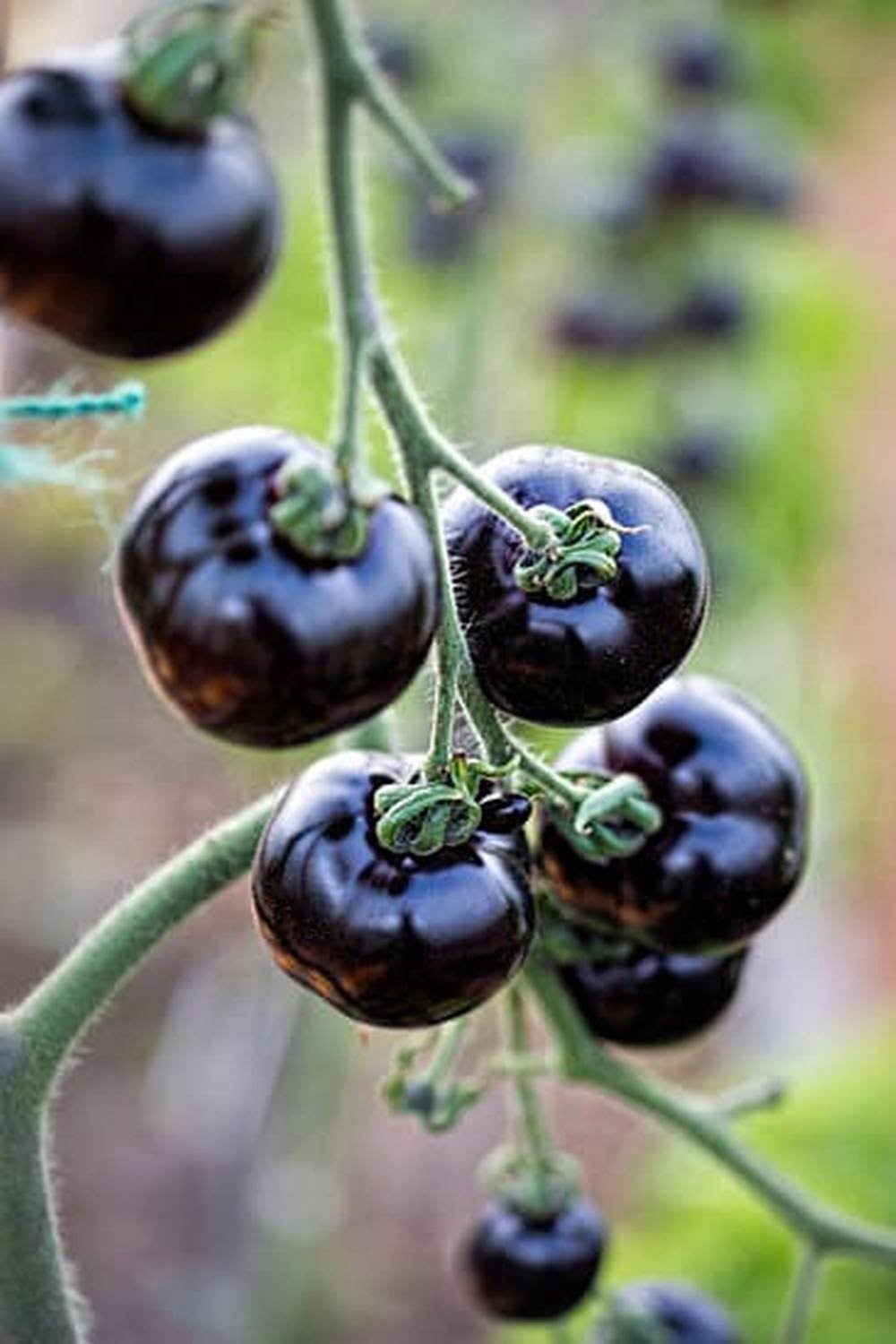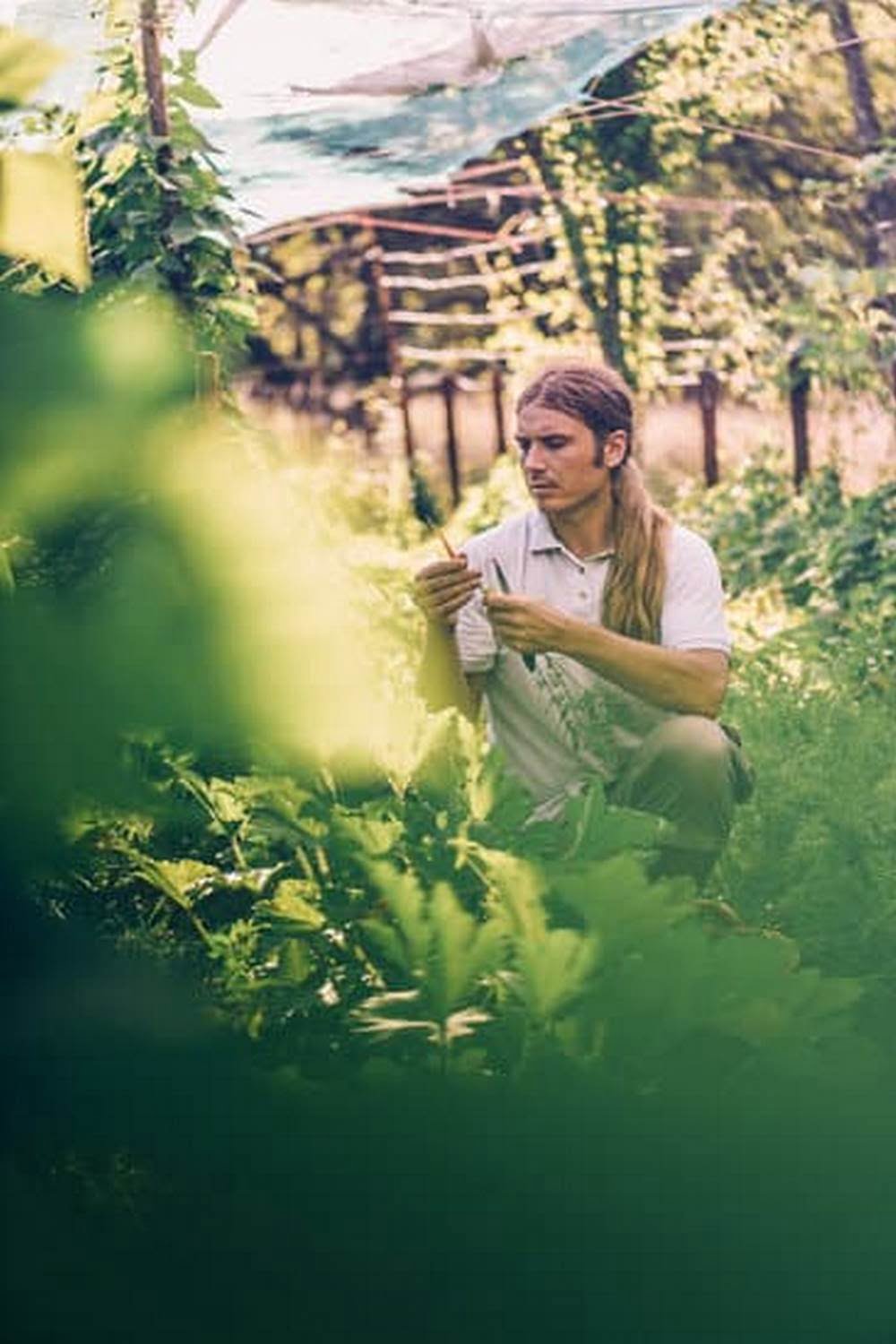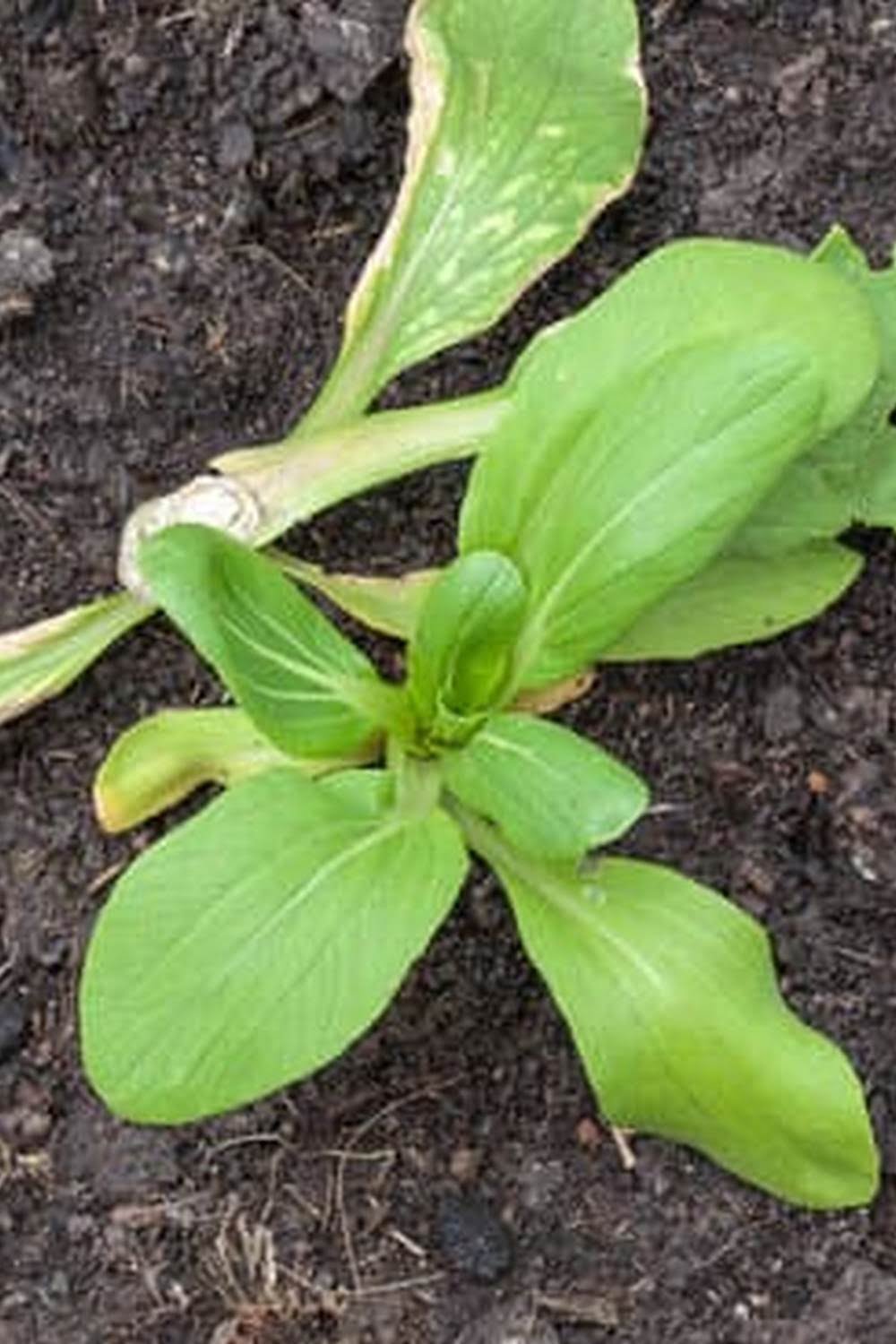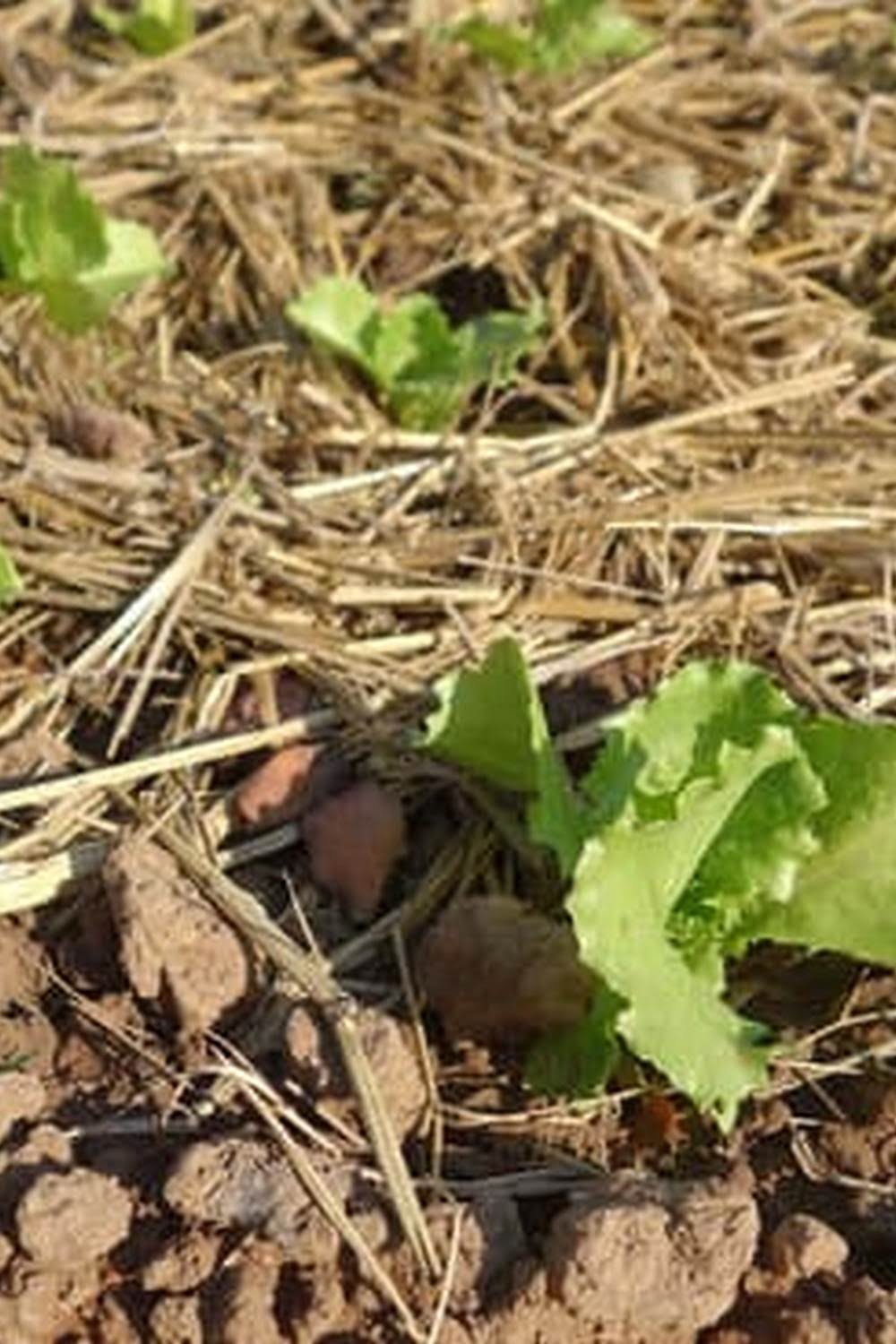Vegetable Garden Soil Composition
The quality of your soil is the most important factor in the success of your vegetable garden. The type and amount of organic matter in your soil will determine how well your plants grow, how much water your soil holds, and how well your soil drains.
The best way to improve the quality of your soil is to add organic matter. Good sources of organic matter include compost, leaf mold, and well-rotted manure. These materials improve the structure of the soil, increase the amount of water the soil can hold, and provide nutrients to the plants.
If your soil is not very fertile, you may also need to add fertilizer. A balanced fertilizer such as 10-10-10 will provide the plants with the nutrients they need. Be sure to read the label to make sure the fertilizer is appropriate for your type of soil.
If your soil is heavy and does not drain well, you can improve drainage by adding sand or gravel. If your soil is dry, you can improve water retention by adding organic matter.
No matter what type of soil you have, it is important to test it regularly to make sure that the plants are getting the nutrients they need. You can buy a soil test kit at your local garden center.
Ph Of Vegetable Garden Soil
The pH of your vegetable garden soil is an important factor in the health and productivity of your plants. The pH scale runs from 0 to 14, with 7 being neutral. Values below 7 are acidic and values above 7 are alkaline.
The ideal pH for vegetable gardens is 6.5 to 7.0. A pH of 6.5 is slightly acidic and is ideal for most vegetables. A pH of 7.0 is neutral and is ideal for most plants.
If the pH of your soil is too acidic or too alkaline, your plants will not be able to absorb the nutrients they need from the soil. This can lead to poor growth and stunted plants.
To test the pH of your soil, you can use a soil pH tester. These testers are available at most garden stores. You can also test the pH of your soil using a home test kit.
If the pH of your soil is too acidic or too alkaline, you can adjust it by adding lime or sulfur to the soil. Lime is used to make the soil more alkaline, while sulfur is used to make the soil more acidic.
You should test the pH of your soil every year, and adjust it as needed.
Preparing Soil For Spring Vegetable Garden
It’s that time of year again – time to start thinking about planting your spring vegetable garden! But before you can do that, you need to prepare the soil.
The most important thing to remember when preparing soil for a spring vegetable garden is to add plenty of organic matter. This will help to improve the soil’s structure, fertility, and drainage. You can add organic matter in the form of compost, manure, or leaf mold.
Another thing to keep in mind is that most vegetables prefer a slightly acidic soil. If your soil is too alkaline, you can add sulfur to lower the pH.
Once you’ve added plenty of organic matter and adjusted the pH if necessary, it’s time to start planting!
Organic Soil Mix For Vegetable Garden
When creating a vegetable garden, it is important to use organic soil mix to ensure the health and vitality of your plants. Organic soil mix is made of natural materials that break down over time, providing your plants with the nutrients they need to grow. In addition, organic soil mix helps to improve the structure of the soil, making it more fertile and able to retain water and air.
There are many different types of organic soil mix available, so it is important to choose one that is best suited for your garden. Some mixes are designed for use in containers, while others are better for gardens with heavy clay soils. It is also important to choose a mix that contains a variety of materials, such as compost, peat moss, and sand, to provide your plants with the nutrients they need.
When planting your garden, be sure to follow the instructions on the organic soil mix bag. Most mixes require you to dig a hole twice the size of the plant’s root ball and then backfill the hole with the soil mix. Be sure to water the plants well after planting, and then continue to water them regularly, especially during hot, dry weather.
Organic soil mix is a great way to help your plants thrive, and it is also good for the environment. By using organic soil mix, you can help to reduce the amount of chemical fertilizers and pesticides that are released into the air and water. So why not give organic soil mix a try? Your plants will thank you for it!
Good Vegetable Garden Soil
A good vegetable garden soil is one that is rich in organic matter and has a pH that is close to neutral. The organic matter in the soil helps to improve the water retention and drainage of the soil, and it also helps to improve the soil’s ability to hold nutrients. The pH of the soil affects the availability of nutrients to the plants, so it is important to test the pH of your soil and to make any necessary adjustments.
One way to improve the organic matter content of your soil is to add compost. Compost is made up of organic materials that have been broken down by bacteria and other microorganisms. It is a great source of nutrients for plants, and it also helps to improve the structure of the soil. You can make your own compost or you can buy it from a garden center.
Another way to improve the organic matter content of your soil is to add mulch. Mulch is a material that is spread over the soil to protect it from the sun and to help keep the soil moist. It also helps to improve the structure of the soil and to increase the organic matter content. You can buy mulch from a garden center or you can make your own by using leaves, straw, or grass clippings.

If you’re looking to get into vegetable gardening, or are just looking for some tips on how to make your current garden better, then you’ve come to the right place! My name is Ethel and I have been gardening for years. In this blog, I’m going to share with you some of my best tips on how to create a successful vegetable garden.





